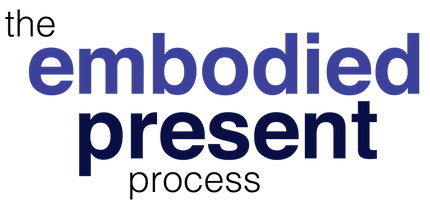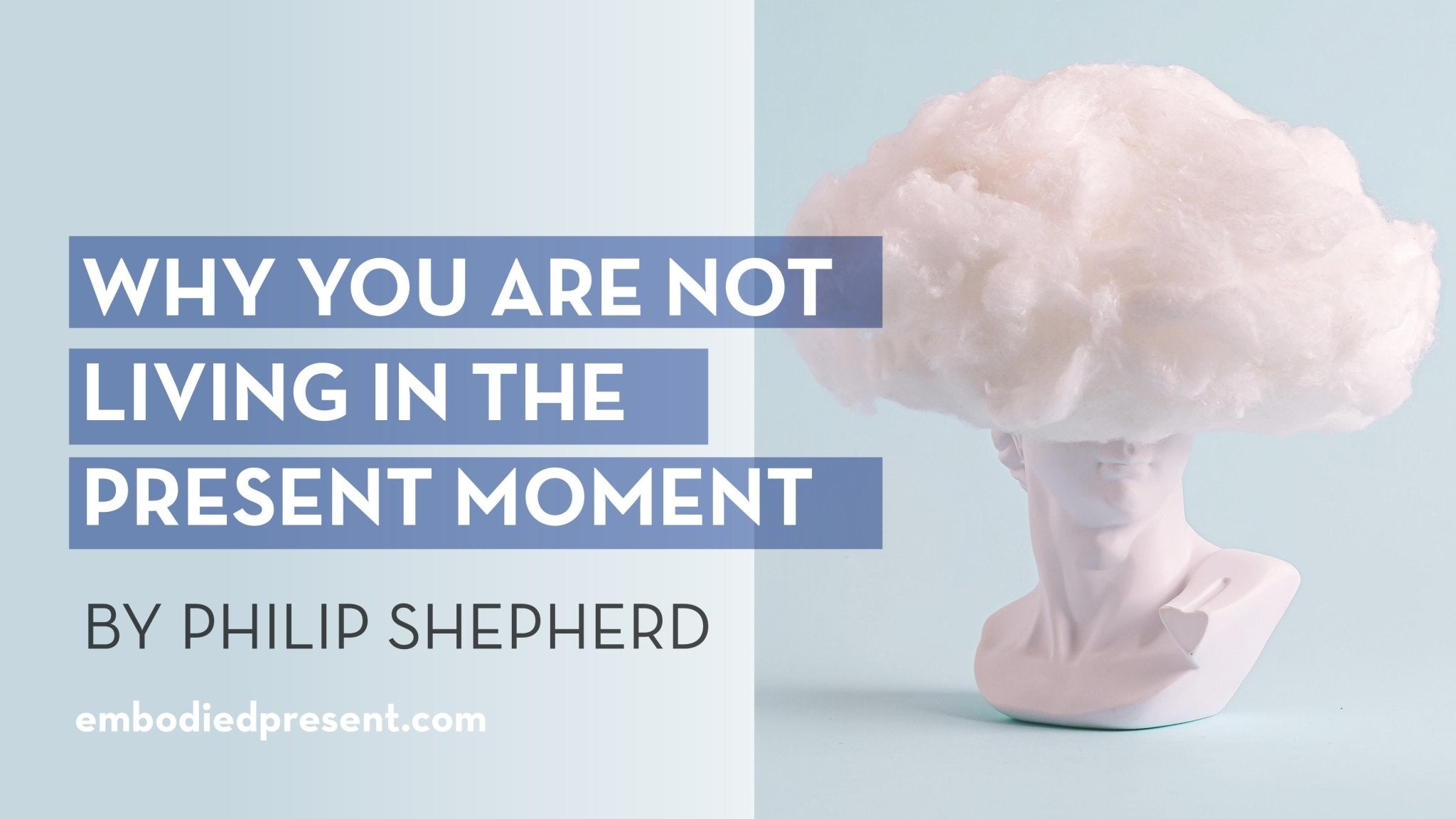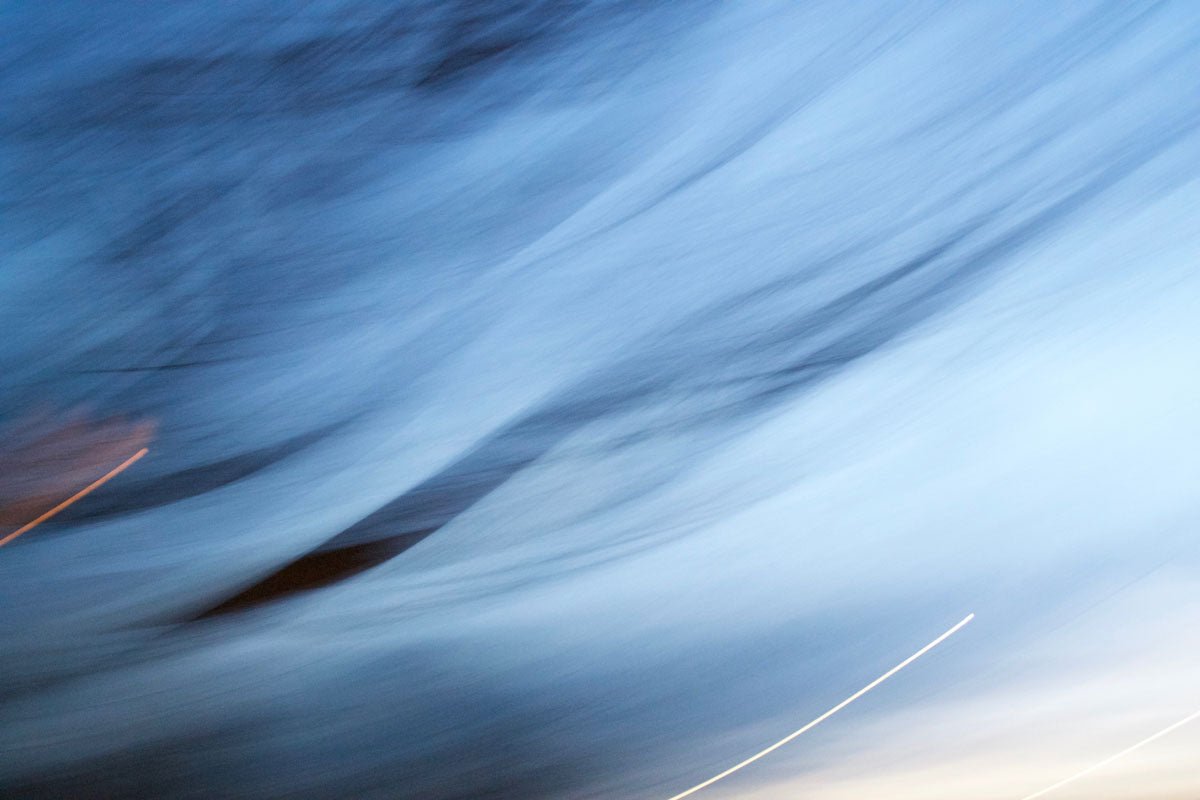A very happy, if slightly delayed, New Year to you. The delay is a direct result of my current obsession: working on my new book, Radical Wholeness, which is being published in November by North Atlantic Books. A deadline concentrates the mind wonderfully – but it also gives me a guilt-free excuse to do what I so long for: to dive into the writing, and lose myself to its demands, its questions, its patient journey to clarity. Yesterday I finished the last major chapter of the book, came up for air, and realized that a newsletter would be timely.
There’s a lot to report on: I’ve got three new interviews – one airing tomorrow (with eHealth, an online resource for health practitioners), another just posted today (with the fabulous Rhonda Smith), and a third that I did with Juttbug: Growth Now Movement, which is posted on my website. As well, I’ve got workshops coming up in Los Angeles, Boulder, Ireland, Austria and in the American north-east; and the final week of a Teachers’ Training in Santa Barbara; and a new Teachers’ Training that will begin in September in Columbus, Ohio. Whew!

But before I get to that, I’d like to share a little passage from Radical Wholeness – the cover of which appears here, designed by Allyson Woodrooffe. This passage poses the question, “What would happen if people came to understand that the major revolution we are looking for is a change of regime within the self? If they appreciated that until our experience of who we are changes, how we act won’t; and that until we unlock our thinking from the confines of the head, our experience of who we are will remain on its current tangent?” The section looks briefly at how such a revolution would alter the way we express ourselves in consumerism, truth, politics, competition, community and education, among others. Here’s the little passage on how a concern for wholeness might alter education:
It’s ironic, as we have noted, that public education systems seem to have been designed to undermine a child’s intelligence. But then, most top-down systems function in conflict with their own aims. If the teachers of our children came to honor their own wholeness, then they would be in a position to see and honor and support our children in their wholeness. If that were taken as the explicit aim of education, everything about it would change, beginning with the top-down organization of the classroom. As Plutarch pointed out, education isn’t the filling of a pail, but the lighting of a fire.
Children, unless deeply traumatized, are innately curious. Curiosity is the engine of learning; and curiosity isn’t fuelled by answers, but by questions. Our current approach to education relentlessly directs a child’s attention to answers: to facts, dates, sums, names, and on and on. It does almost nothing to help children formulate questions. This leads to an adult population that has been trained to gravitate to answers, and tends to accept them with little curiosity or questioning. And that has laid the groundwork for our post-truth era, in which answers and solutions proposed by politicians and commercial interests are embraced simply because they have been tailored to ‘feel right’; and the curiosity to hold those answers to account by questioning them sleeps like an underdeveloped muscle.
In recent history it has become possible to find an answer to almost any question in mere seconds. “When was J.S. Bach born?” Type, click, and there it is. What no search engine can provide, though, is the pertinent question – the one you need in order to clarify your thinking, or to crack open a problem, or to take down an assumption that is limiting your freedom, or to reveal some door beckoning to be opened.
Picasso is quoted as saying, “Computers are useless – they can only give you answers.” A question moves you forward; an answer pretty much stops you – unless it begets another question. We have been trained to believe that a question finds its justification only when it leads to an answer – but some of the most fruitful questions will never be definitively answered: What is love? What is life? What is freedom? Such enduring questions empower engagement and curiosity and even passion and art. Occasionally a question appears of such resonance that it takes your life for a ride – like the one that spurred the writing of this book. Such questions arise from the whole of your being.
Fact, names, categories, sums, history – all of these will fall into place when a deep question is ignited, because it will lead to the explication of contexts, not to answers. And any context reaches eventually to include all contexts. The only limitation to your learning is your limited ability to feel and formulate the questions that really matter to you. And those questions can only bubble up from deep within your wholeness. When a child’s wholeness is nurtured, she will launch herself full-fledged into learning everything she needs to. If education were dedicated to supporting children in their wholeness – to support their ability to feel and question, and the flame of their curiosity, and the skill of grounding in the felt present – they would grow up to revolutionize what it means to be an adult.






Leave a comment